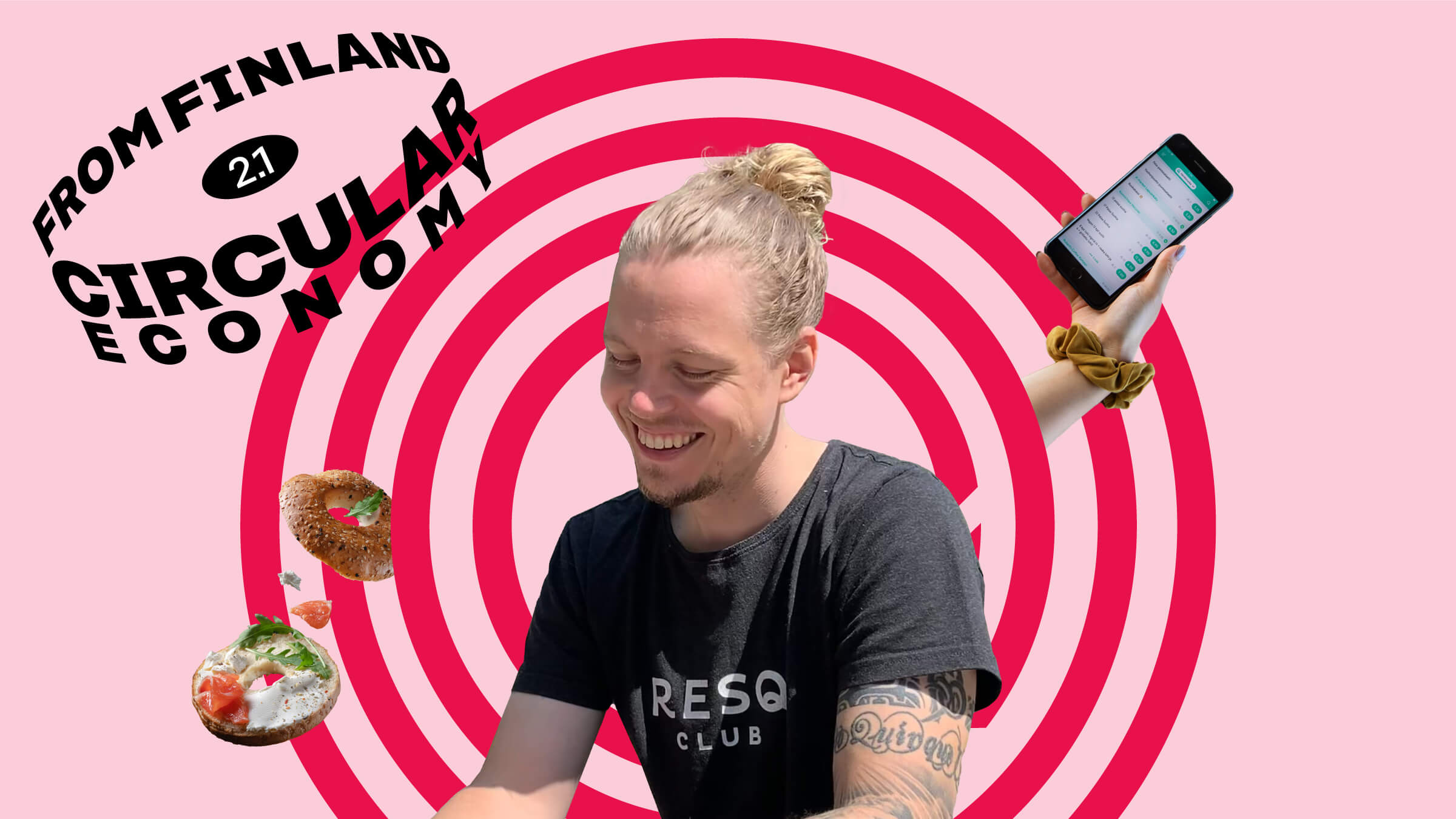“ResQ Club was established with the mission of ultimately eliminating surplus food from the world. I started as the company’s CEO in autumn 2017, when the market for surplus food was still in its infancy. Since then, discussions on climate change and the circular economy have increased understanding of surplus food, especially in the Nordic countries. Here at ResQ Club, we are doing everything it takes to further accelerate this growth.
ResQ Club is a digital marketplace for surplus food, enabling people to buy surplus food from restaurants, cafés and grocery shops at a reduced price. A map in the mobile app displays places in the local areas where users can pick up surplus food. ResQ Club operates in over a hundred Finnish towns and cities and in 10 in Sweden.
Food industry operators can significantly reduce waste with the application: on average, our customers sell 65 per cent of all of the meals they offer through ResQ Club. Consumers get high-quality food at an affordable price and easily, without having to spend time waiting.
As ResQ Club aims to make people’s day-to-day lives easier in a sustainable way, the application tracks the restaurants, cafés and grocery shops located along the users’ daily routes. This makes it convenient for users to pick up food after work, for example.
The European Union wants to cut surplus food by 50 per cent by 2030. This is also an important target for us. Food should not be endlessly produced to maximise demand. Quite the contrary: the less waste, the better. As a result, our task is to find solutions that enable us to promote the optimisation of supply chains in restaurants through means such as making smarter use of consumer data.
We are currently exploring where to expand our operations to next. It will take some time for other European countries to warm to the idea that surplus food is just as marketable as any other food. As user needs and the supply of restaurants differ in different markets, ResQ Club must adapt its operations accordingly. The service must operate like a Swiss army knife: adaptable to whatever market it encounters.”










Suosittelemme
Vielä yksi